Surveillance and data retention
Surveillance is when an individual or organisation is watching, tracking, filtering, analysing or blocking what you can see and do online or offline. It can be targeted on a specific individual (such as someone suspected of a crime) or it can be done indiscriminately (such as on all users from a particular country), also known as mass surveillance. Surveillance - and the retention of surveillance data - can impose restrictions on our fundamental rights in the digital environment by interfering with our freedom online, or by using digital technology to follow our offline movements, in order to gain an intimate picture of our lives, our beliefs and our interactions.
Filter resources
-

Eurodac database repurposed to surveil migrants
Eurodac is the EU database used to store asylum seekers’ and refugees’ data, as well as certain categories of “irregular” migrants. By the end of 2019, the EU stored almost 6 million peoples’ fingerprint sets in the database. Research show how legislative developments transform the Eurodac database into “a powerful tool for mass surveillance”, endangering migrants' fundamental human rights.
Read more
-

Google’s FLoC Is a Terrible Idea
Google is leading the charge to replace third-party cookies with a new suite of technologies to target ads on the Web. And some of its proposals show that it hasn’t learned the right lessons from the ongoing backlash to the surveillance business model. In this post, EDRi's member Electronic Frontier Foundation (EFF) will focus on one of those proposals, Federated Learning of Cohorts (FLoC), which is perhaps the most ambitious—and potentially the most harmful.
Read more
-
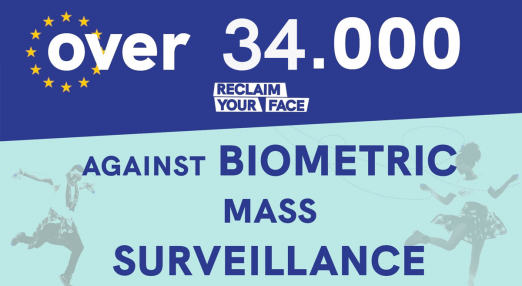
#ReclaimYourFace and help prevent the end of privacy as we know it!
Facial recognition and other biometric surveillance threatens the core of our right to privacy and data protection by surveilling and judging us. This is why across Europe, we’re calling to ban biometric mass surveillance practices. We’re counting on EU citizens to sign our ECI petition, and on everyone to spread the word and make sure that European governments cannot ignore our demand.
Read more
-
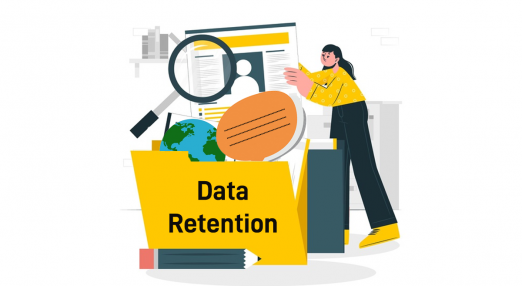
CJEU upholds strict requirements for law enforcement access to electronic communications metadata
Traffic and location data may allow precise conclusions to be drawn about the persons involved, e.g. their social relationships or the social environments frequented by them. In most cases, the CJEU has only allowed access to such data for serious crimes. However, the CJEU ruled that access to retained data is only allowed in cases of serious crime when the access implies a serious interference, and in all criminal cases when the access does not imply a serious interference.
Read more
-

Targeted Online: How Big Tech’s business model sells your deepest secrets for profit
Surveillance-based advertising which is currently the business model used by Google, Facebook and many others is harmful to people and to society as a whole because it encourages the spread of disinformation. It's also bad for the media who lose control of their ad space and suffer from decreasing revenue as a result.
Read more
-

Booklet: Surveillance-based advertising: An industry broken by design and by default
Most online advertising today relies on huge amounts of personal data extracted from people without their knowledge. EDRi’s new guide book “Targeted Online” sheds light on this opaque data industry and explores how EU law should regulate it. This is the first blog post in a new series dedicated to the EU’s proposed Digital Services Act and Digital Markets Act.
Read more
-

ePrivacy strikes back
“And when we woke up, the ePrivacy Regulation was still there”, could be the EU bubble version of the famous micro-tale. Four years after the main text protecting privacy and confidentiality of people in the EU was proposed, Member States have finally given the green light to finalise the adoption. But, where will this lead us?
Read more
-

Shedding light on the DWP staff guide on conducting fraud investigations
In 2019, the UK Department for Work and Pensions published their two-part staff guide on conducting fraud investigations. Privacy International went through the 995 pages to understand how those investigations happen and how the DWP is surveilling benefits claimants suspected of fraud.
Read more
-
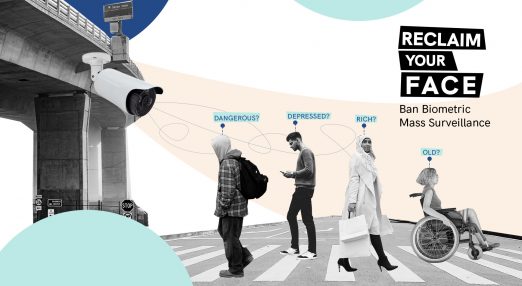
Mass facial recognition is the apparatus of police states and must be regulated
Scientists have shown the inherent structural discrimination embedded in biometric systems. Facial analysis algorithms consistently judge black faces to be angrier and more threatening than white faces. We also know that biometric systems are designed with a purportedly “neutral” face and body in mind, which can exclude people with disabilities and anybody that does not conform to an arbitrary norm.
Read more
-
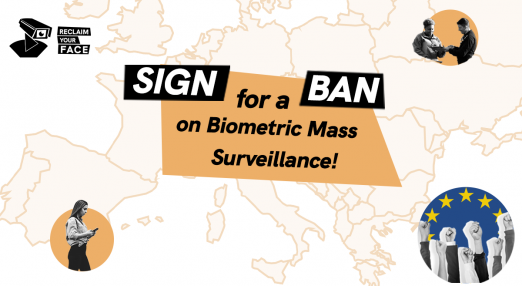
New ECI calls Europeans to stand together for a future free from harmful biometric mass surveillance
The Reclaim Your Face coalition launches a European Citizens’ Initiative (ECI) today to ban biometric mass surveillance. The ECI represents the voice of those who oppose a dystopian future and instead want a future in which choices are made by us, not by algorithms. The initiative needs to collect 1 million signatures in at least 7 EU countries during the next year.
Read more
-
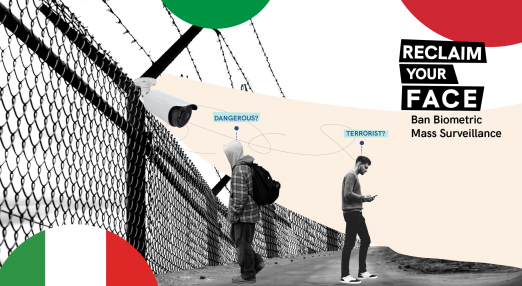
Chilling use of face recognition at Italian borders shows why we must ban biometric mass surveillance
As part of Reclaim Your Face's investigation in rights-violating deployments of biometric mass surveillance, EDRi member Hermes Center explains how the Italian Police are deploying dehumanising biometric systems against people at Italy’s border.
Read more
-

Huawei captures Balkan’s hearts and minds
EDRi member Citizen D reveals Huawei's lobbying practices in Slovenia, where media outliets are siding with the Chinese tech company, whilst ignoring the company's human rights violations in China and the development of a city surveillance system in Belgrade.
Read more
